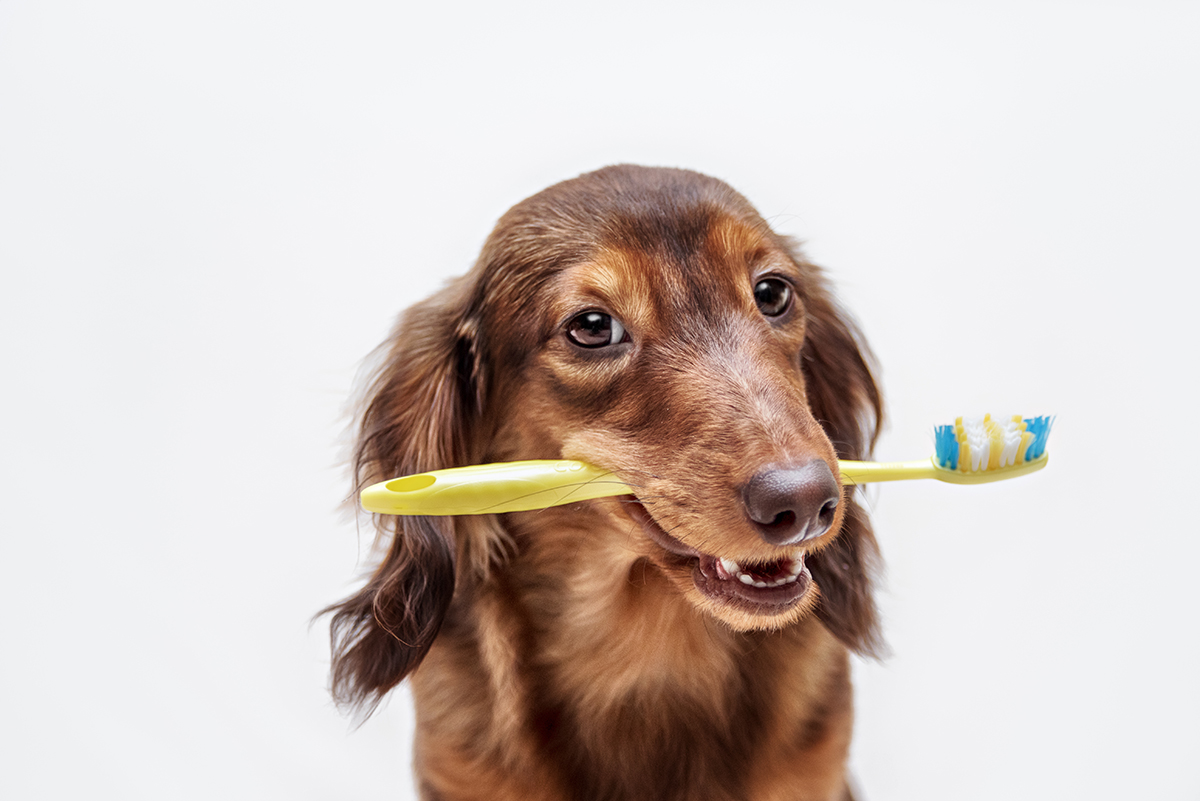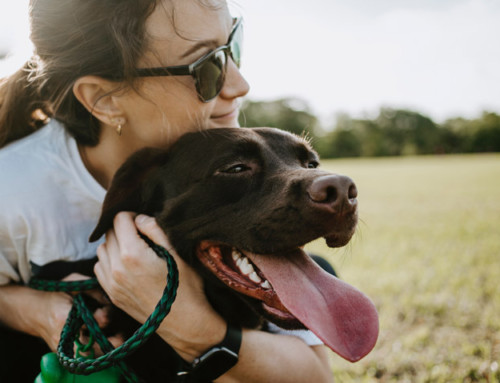According to the RSPCA an estimated 80 per cent of pets over the age of three suffer from dental disease!
Of course, dogs have a different diet to humans and naturally, they have a different smell to their breath. But as your dogs ages you may realise their breath changes and they may develop a more funky smelling stench. However, for dogs the issue may stretch beyond a case of bad morning breath that humans experience daily.
Dental disease is a serious issue, but it could also lead to other health related problems to the heart, liver and kidney.
If you’re wondering whether your dog may need a check up, it may be worth keeping an eye out for symptoms, such as yellow or brown stained teeth.
Although some people may assume discolouration of teeth is a natural process that comes with aging, more often than not it is could be tartar accumulation as a result of bacteria building up.
The RSPCA website notes that owners of smaller dog breeds should pay extra attention because they could be at higher risk.
“As small breed dogs age, their risk of dental disease increases with periodontitis and plaque tending to accumulate on the upper and lower molars (back teeth). Brachycephalic breeds (i.e. flattened face as seen in pugs, French bulldogs etc) also tend to have increased risk of dental disease due to the poor conformation (shape) of their mouths and crowded teeth, making it harder to keep their teeth clean even with conventional preventative methods,” the RSPCA website writes.
For those who have alarm bells ringing in their head, it’s important to keep in mind that dental disease is preventable and there are a number of ways to improve a dogs’ dental hygiene and to maintain fresher smelling breath.
An example of something simple but effective that can improve bad breath is dietary change.
Now that it’s Dental Health Month, it’s a reminder to all pet owners to get their dog checked at a vet clinic and to help prevent or treat any potential issues.
Dr Rachel Chay, Chief Veterinarian from Greencross Vets said a pet’s dental health regime is just as important as a human’s.
“Just like us, our pets should be getting a dental health check-up at least two times a year. Regular check-ups will allow your veterinarian to detect any cracks, chips, holes, loose teeth, gum ulcers, growths of infections. Thorough dental health examinations also help ensure bacteria and poisons from dental infections do not spread to the heart, liver and kidneys through the blood stream,” Dr Chay said. Like humans, dental health is very important in dogs and cats as if it is not attended to can lead to serious issues from the bacteria spreading through the body.
Have a read of our article about doggy healthcare which gives more tips on keeping your dog healthy and happy over the long term, and read up on our Essential Tips for looking after your Pet’s Teeth and Gums.







Leave A Comment